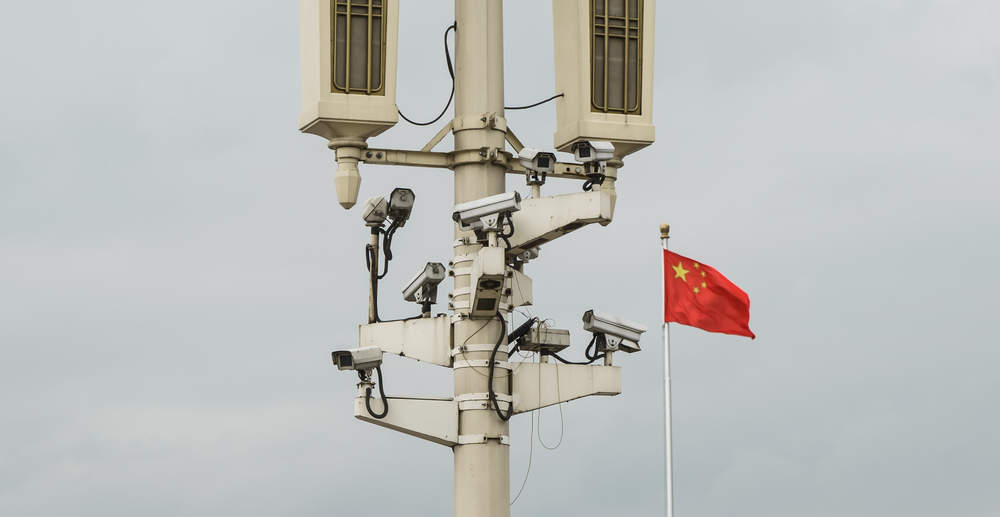China’s so-called Social Credit System has attracted worldwide attention and has been recognised as the beginning of a dystopian future, whereby society is essentially controlled by rules set by the government.
It has even drawn comparisons to the eerily fascinating Black Mirror episode Nosedive, which depicts a world where people struggle through life to achieve the perfect social rating.
Government proposals determining the outlines for the planned Social Credit System have caused uproar – with many suggesting that the Chinese government will use the system to control society using a self-enforcing technique.
The system will use big data to rate the social creditworthiness of citizens and businesses and either reward or punish them based on the given scores.
The Chinese government will be able to manipulate the market
The system will use big data technology to constantly monitor and assess the way companies behave, both economically and non-economically and will assign an automatically updated score accordingly.
It will go further than assessing companies on their economic behaviour and will also take social, environmental and political actions as a factor.
Rewards for good behaviour and punishments for bad will ensure the government has the power to steer the market in the direction it chooses.
In some ways, the system may help create a level of transparency in the market, which in turn would force companies to act in a more socially and environmentally friendly way.
However, there would also be risks associated with huge amounts of big data the government would have access to, which could be misused to benefit state interests.
The system will create a digital underclass
Citizens will also be rated on a variety of categories such as credit history, personal characteristics, fulfilment capacity, behaviour, and preference and social circles to create a comprehensive trustworthiness score.
Individuals who have low scores will have restricted access to certain services and may be deemed ineligible for bank loans or face restrictions on the goods they can purchase, essentially creating a digital underclass.
There are clear ethical issues with creators of the system being able to determine which behaviour is deemed good and bad.
There is also the issue of the complexity of real life situations: let’s say that an individual is a victim of fraud and subsequently ends up in debt as they are unable to pay rent.
Does this mean that the individual should be given a lower social credit score or should exemptions be made?
Trials signal a bleak future
Tech giants such as Alibaba and Tencent have become leaders in the social credit industry, developing innovative and complex algorithms which can formulate accurate ratings.
However, the huge amount of big data that these companies possess has become a concern to the Chinese government and instances of data sharing being used to benefit e-commerce arms of the businesses has also caused anxieties amongst consumers.
While the economic and technological implications of such plans remain a concern, the question of ethics is the real issue in regard to the Social Credit System, which if used as proposed, would be a means of controlling people’s behaviour, creating an Orwellian nightmare.







